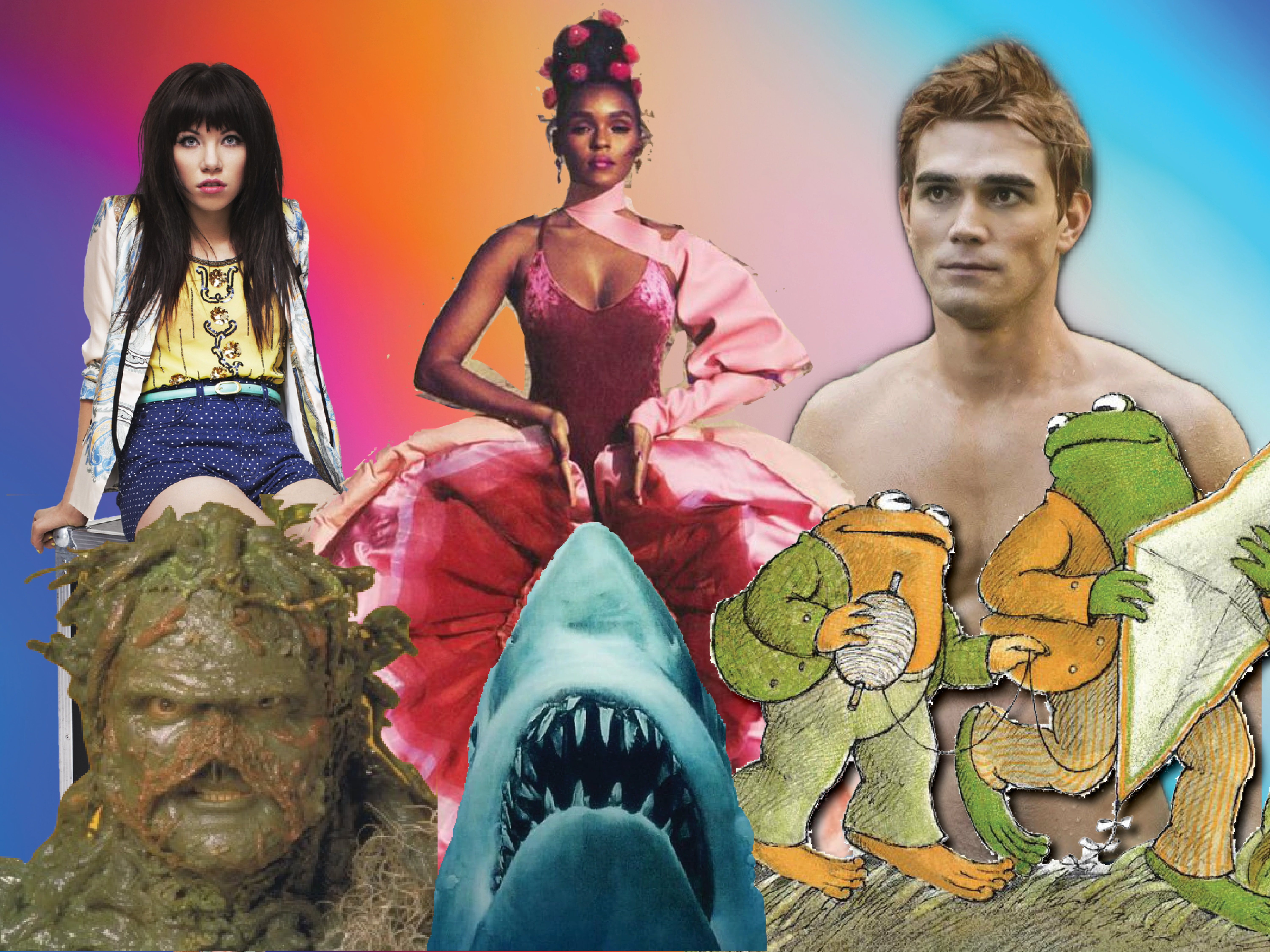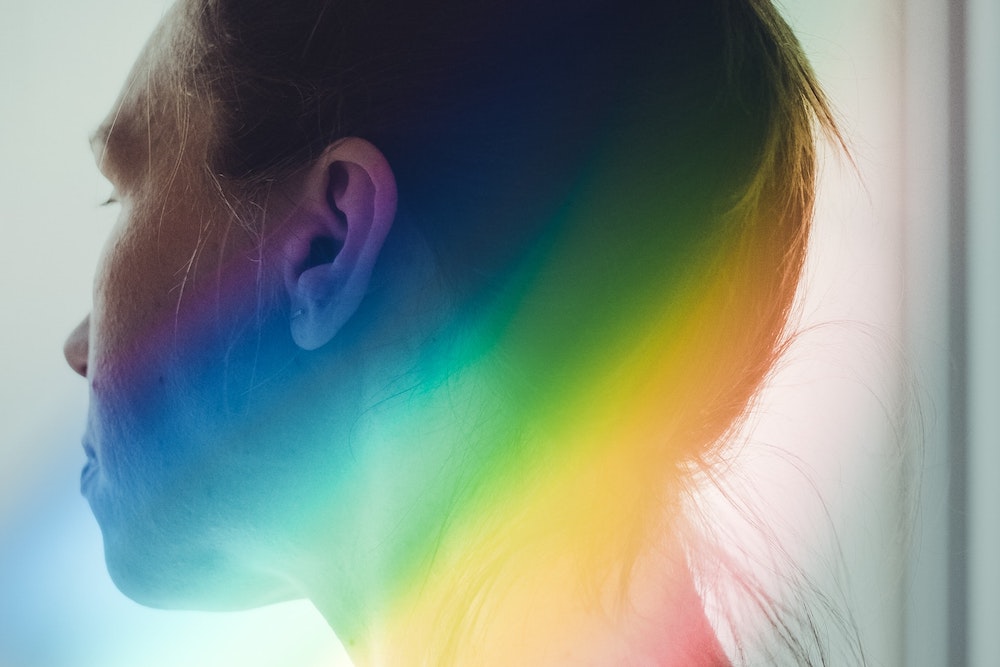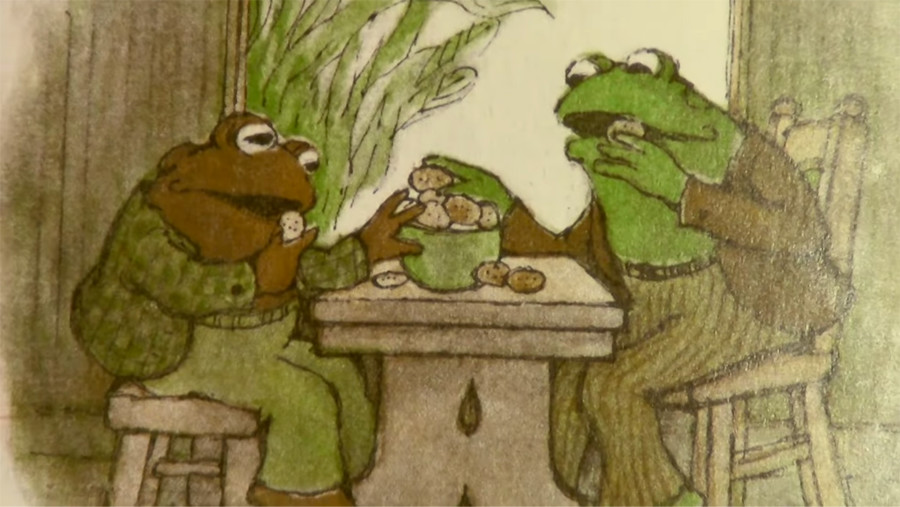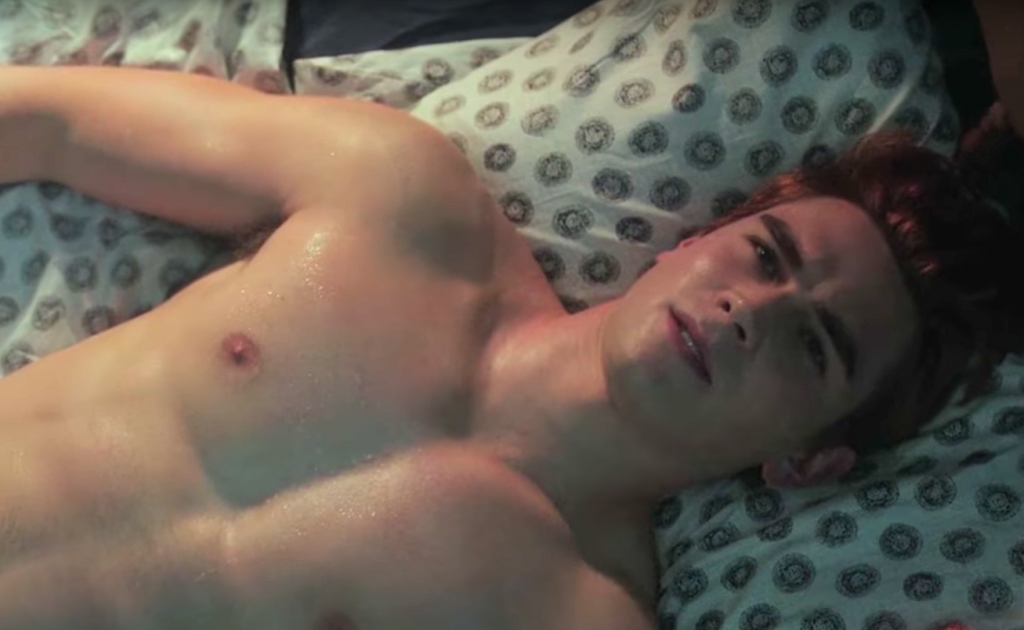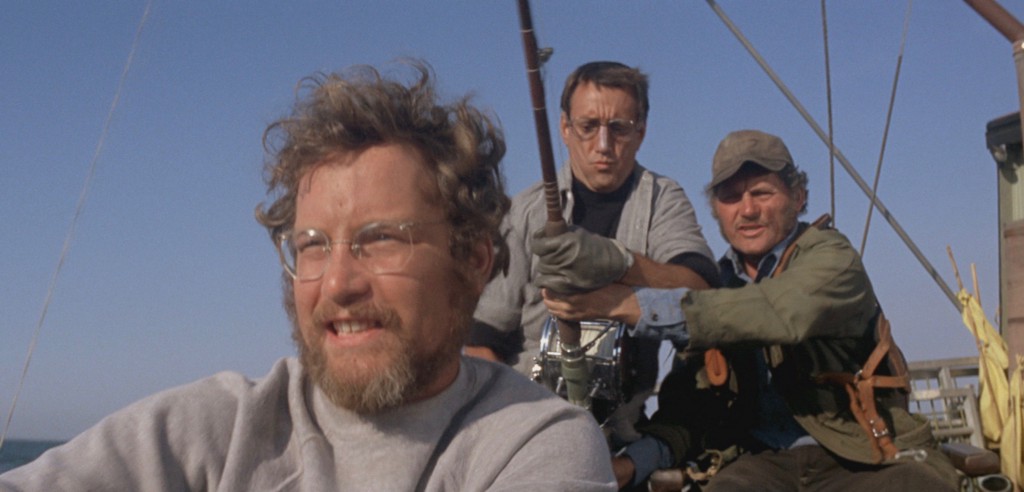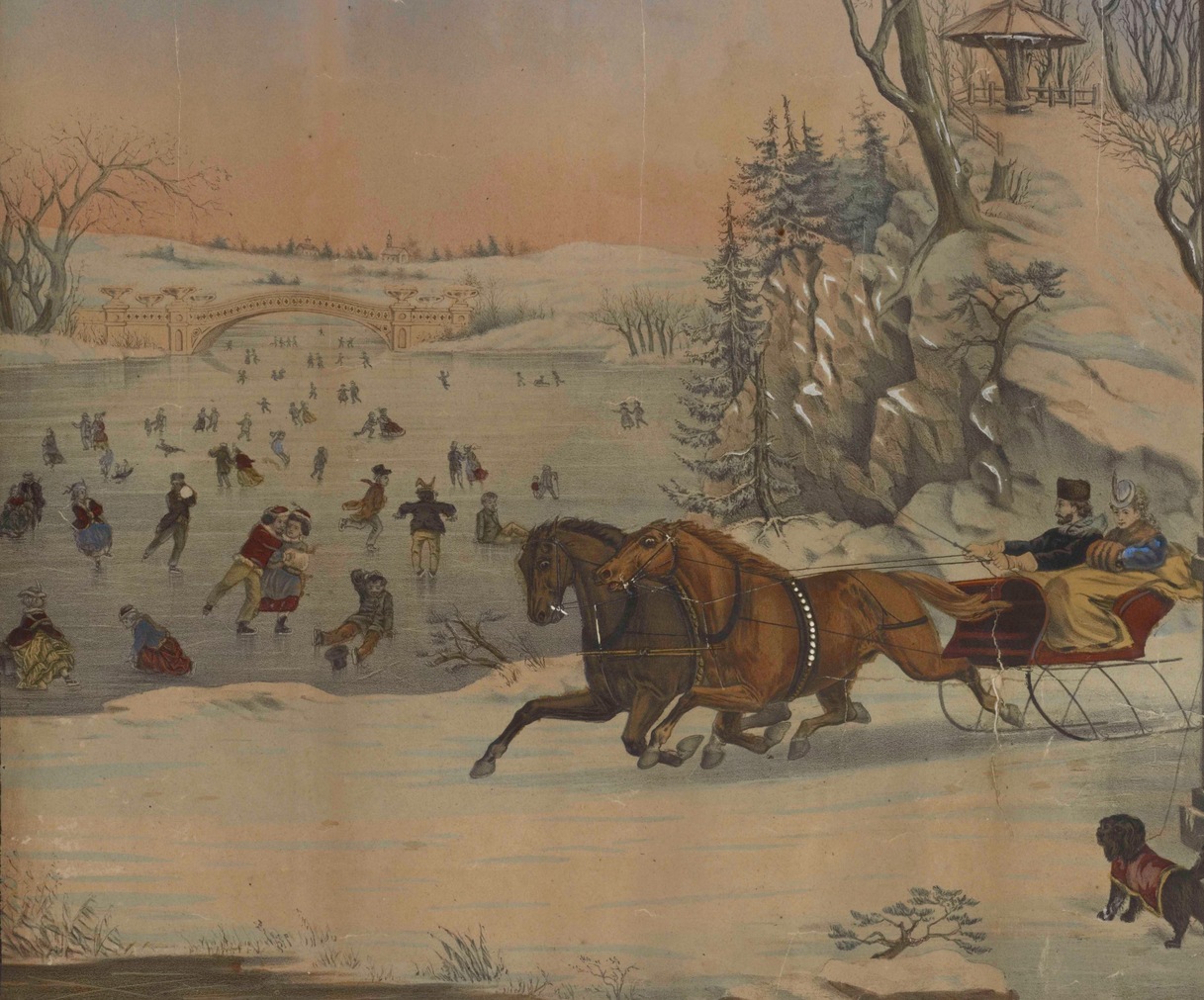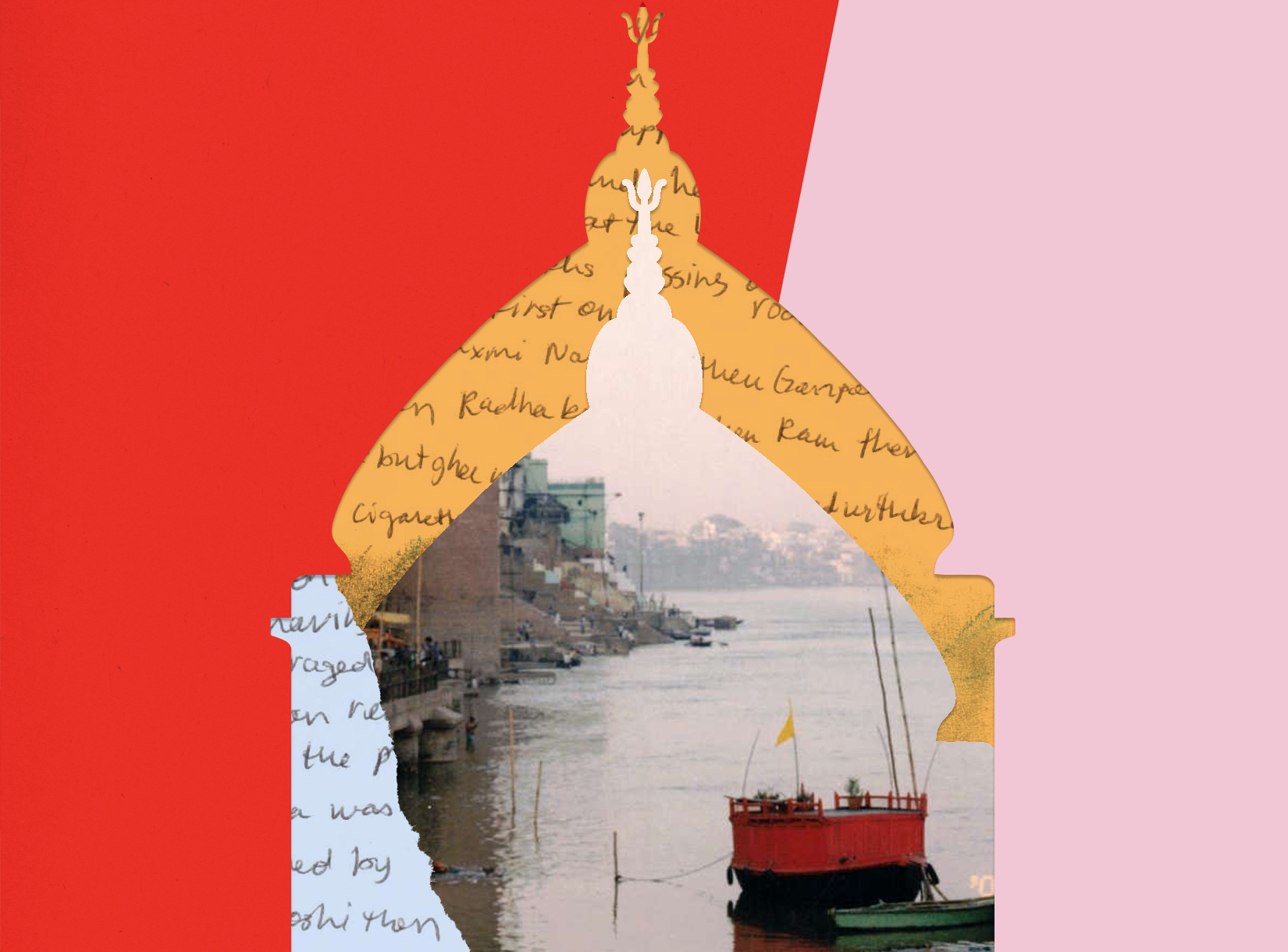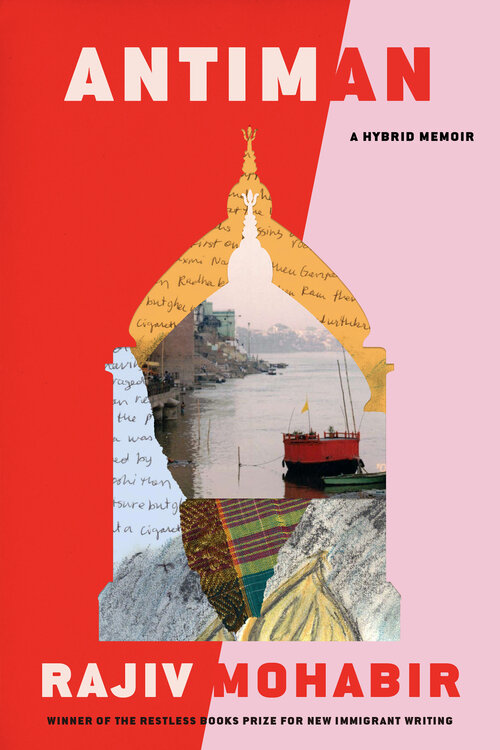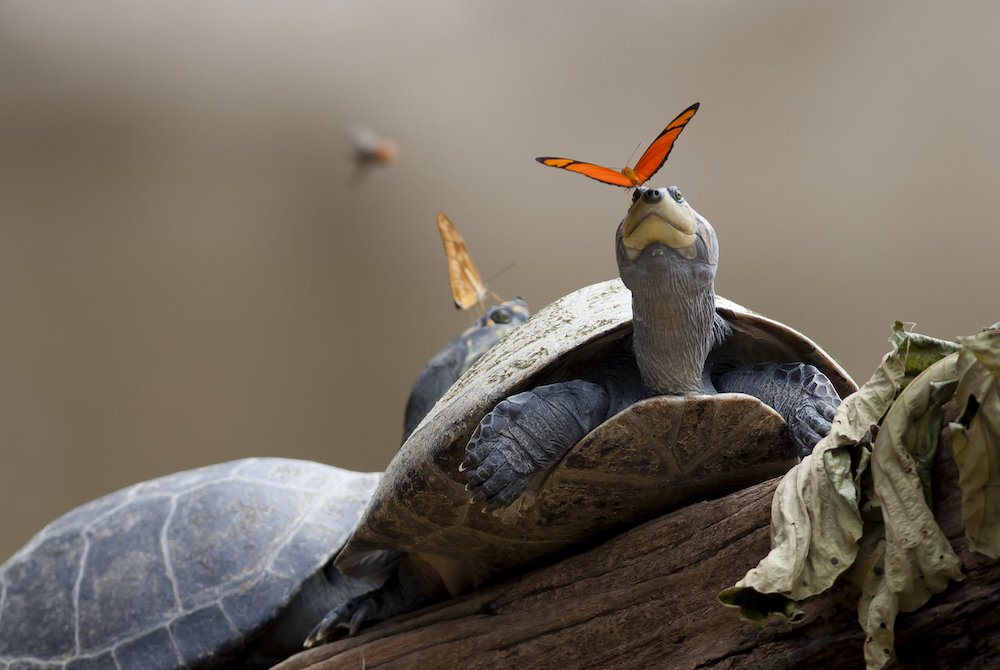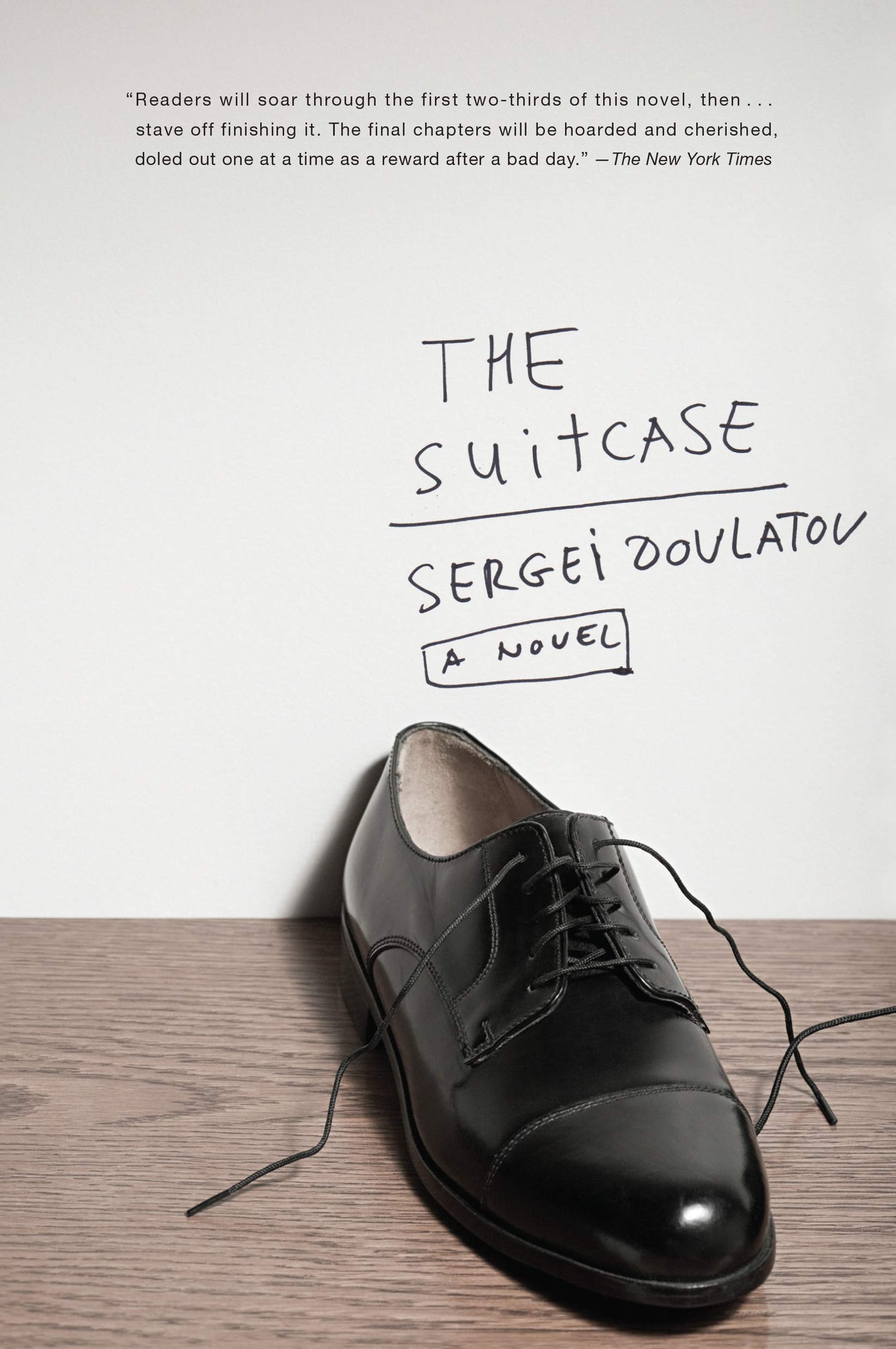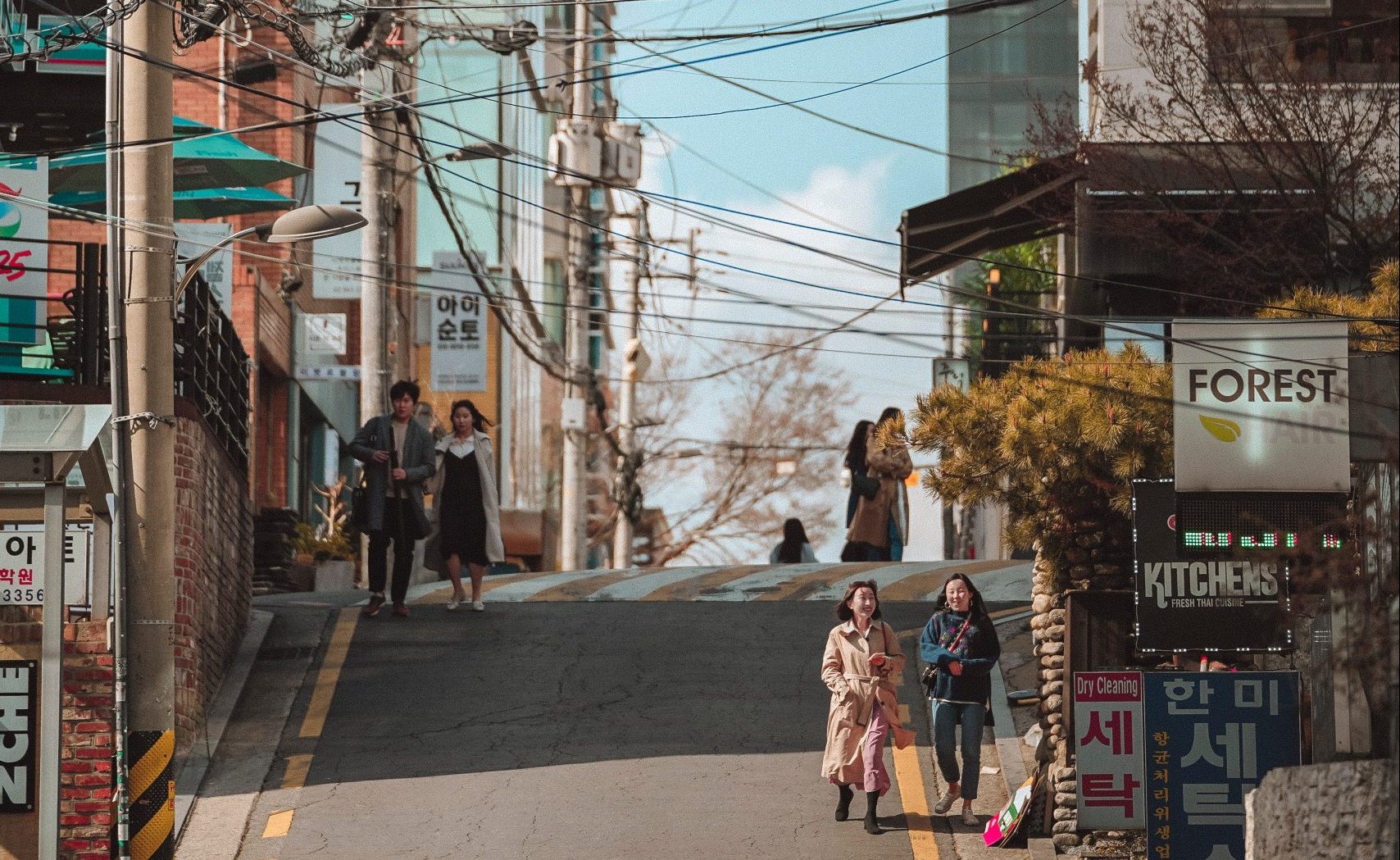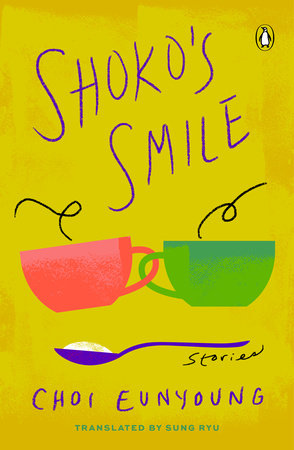At times, I find myself struggling to articulate the relationship that Black women have to vulnerability, desirability, femininity, and everything in between. Chet’la Sebree’s most recent innovative book-length poem, Field Study, assembles moments of sheer honesty about microaggressions, interracial relationships, heartbreak, Blackness, and so much more.
Field Study is an immersive, intimate exploration of seeing and being seen, of wanting and being wanted. The speaker rigorously attempts to understand pieces of herself in relation to her past romantic relationships. “I’m not good at small talk,” she begins, before pulling us into disparate modes of conversations that feel like she’s confiding in us, her readers, and sharing her deepest secrets. I reveled in this text over the course of one night, then voluntarily chose to do it again the next day. The connections made through these lyrical odes are mesmerizing and Sebree doesn’t shy away from recounting these poetic truths:
“I worry that being nobody’s happily ever after
makes me nobody.To be nobody is to be no body is to be weightless. I could use more levity.
I worry that not being anyone’s happily ever
after makes me no one, which could also mean
I’m never alone.”
Sebree is an assistant professor of English and the director of the Stadler Center for Poetry and Literary Arts at Bucknell University. Her first collection, Mistress, was the winner of the 2018 New Issues Poetry Prize and nominated for an NAACP Image Award in 2020. A graduate of American University’s MFA in Creative Writing Program, Sebree has received fellowships from the MacDowell Colony, Hedgebrook, Yaddo, and more. Her poetry has appeared in Kenyon Review, Guernica, Poetry International, and other publications. Most recently, Field Study was the winner of the 2020 James Laughlin Award from the Academy of American Poet.
I spoke to Sebree over email about heartbreak, desire, and Black womanhood.
Kukuwa Ashun: Before getting into your writing, I wanted to take a moment to acknowledge this really striking cover for Field Study. There’s a hand that belongs—I presume—to a Black woman and the silhouette of this hand hovers over a white sheet, as if she’s ready to uncover what’s beneath. Can you talk about the link between observation, exploration, and discovery in this cover and in your writing?
Chet’la Sebree: I am so in love with the cover because of all the ways the image can be read. It comes from a painting by Alex Gardner, who primarily paints androgynous Black figures. We looked at a couple of his pieces as June Park started designing. Ultimately, we landed on Untitled (2017). And when I look at this cover, I still see the full-scaled painting in which it’s clearer that a hand is reaching for a curved back—the bottom of the white shirt lifted to reveal the skin of the person hunched over. For me, there is so much in the articulation of the hand, in its gesture. Is it someone reaching toward the back with tenderness or slight menace? I’m not sure. I’m also drawn to the fact that the hand hovers and casts a shadow, that it’s in motion, on the precipice of something. I love that anticipation. There’s so much hovering, seeking, and waiting in the process that leads from observation to exploration to discovery.
I hadn’t seen the cover as a person reaching toward a bed or a sheet until you mentioned it, but now I can’t unsee it. Funnily enough, a bed was one of the things I talked to people at FSG about when we discussed cover options. I thought, with my nonexistent design and/or marketing mind, an empty bed might be a great image, so I love that the bed, which serves as one of the fields in the poems, is still present!
KA: Let’s talk about what the field means in the book, as you note on the first page:
“This field is my brain’s backlog of books and
a lot of bedrooms.This field has maps made of men, of finger pads,
of scrotal sacs. My muscles a Moleskine.”
When did you know that you wanted to take your readers on this journey, to these distinct, personal places?
CS: I wrote those lines after a dinner party in 2017 when I felt like I’d found my way into this topic I’d been writing about and around for several years: interracial relationships. I didn’t really have a sense of where I was going quite yet, but I did know that I was seeking to peel back a curtain, that I wanted to get into the weeds with people. And a line from my former boss, mentor, and friend Shara McCallum just kept coming back to me: “don’t write about what you’re not willing to cannibalize.”
Field Study is loosely based on the fall out of a former relationship. And I felt like I was ready to process it, ready to eat its meat and find nourishment in its digestion, but to do that, I felt like I was consuming part of me and my history. One afternoon, sitting in a well-lit office in which I’d been writing, I knew where I was headed and so I wrote the final lines of the book. And so the act of discovery was writing into the middle—what was the meat that I was going to eat to get there.
Field Study is about more than a relationship, though; it’s about Black womanhood, desire more generally, family, history, and finding oneself. And it became clear pretty quickly that those conversations would require a venture into intimate spaces. There is so much silence that surrounds women’s bodies and lives, and in order to get to the truth of it all, I felt I had to delve into the “personal.” That’s about all I knew initially. I knew I wanted to survey a field and collect observational information from books and films and friends and see how all of it came together.
KA: This investigation of self is ultimately you committing to analyzing not only your decisions, but the actions of others around you, which isn’t an easy feat. At the beginning of the book, it appears as if you’re writing about a relationship that you had with one man. More than halfway through the book, you admit that you are actually writing about three different men, three different relationships. What was the importance of drawing attention to this miscalculation?
CS: Life is complicated and messy. We misremember things. In general, it is important to me that this speaker errs, that she is fallible, that she is capable of violence and harm in a way that renders her deeply human.
I was ready to process [my former relationship], ready to eat its meat and find nourishment in its digestion, but to do that, I was consuming part of me and my history.
In this moment specifically, however, I wanted to remind readers that this is all artifice, that the field is constructed. Observational research is influenced by the observer, and here our observer sometimes sees what she wants. There’s a seamless symmetry in the dichotomy of two men—one Black, one white. But the reality is that life isn’t that easily categorized. In this moment, I wanted to amplify the fact that this field is constructed and manipulated through one person’s lens and that that person is prone to error.
In this world of quick Twitter cancellations, I think we forget that sometimes we err. We will. We’re human. And though, two men—one Black, one white—made for an easy comparison, I realized that that’s what I was doing, making an easy comparison, that in reality the story is much more complicated and nuanced (and, at times, just downright different). I guess, in this way, it also allows for the potential of the speaker’s untrustworthiness, how she might be manipulating the data as she reports her findings, which raises questions of the line between fact and fiction. What is truth? Which truth matters? And which truths do we share because they’re convenient and support our version of things? These are all questions I’m still navigating.
KA: The cadence and rhythm of language in this work is so strong, deliberate. Yet, while living through some of these moments, I imagine you were still trying to find the language to figure out some of these things as they were happening. For example, one of my favorite lines comes after a quote by Mikki Kendall about subservience and submission:
“My mom was young mother turned bread-
winner turned boat owner.I know nothing of subservience, submission.”
What’s the function of these revelations in relation to some of the other intriguing quotes interspersed throughout Field Study?
CS: The quotes are at the core of Field Study; they are responsible for so much of the writing. When I started the project, I set out to write an essay about the representation of interracial relationships in the show Scandal. Clearly, I went a little left of the initial plan, but I managed to keep some of the references.
When I’m writing, I’m often thinking about singularity—how through a single speaker’s story, I can tell a wider one but how I’m never trying to tell everyone’s. As a Black woman who spends a lot of time navigating primarily white spaces, I often feel lumped in with a group of similarly hued humans, as if there is only one narrative for ways we, as Black women, can be in this world. In a rejection of this and monolithic representations, I often turn towards the Audre Lorde quote from “Learning from the 1960s”: “We do not have to become a mix of indistinguishable particles resembling a vat of homogenized chocolate milk.”
KA: There’s this moment where you also loosely reveal that there was a first, initial book about the man you were in a relationship with. I’m curious about how that book differed from this one.
CS: Okay, so I’m going to try to give the short version.
I was writing my first book, born of my graduate thesis in which historical research figured prominently, when my aunt died of terminal brain cancer. Then, in my grief, I pivoted and started writing poems about illness and the body and care. It was one big unruly project about the body and desire and illness and Black womanhood, and I finally decided it might be more than one book. As I started to parse out the poems, I started finding through lines that led me to my first collection, Mistress.
I often feel lumped in with a group of similarly hued humans, as if there is only one narrative for ways we, as Black women, can be in this world.
My canned summary of it goes a little something like this: Mistress explores Black women’s experiences and representation through two voices—an imagined Sally Hemings, the enslaved woman who had at least six of Thomas Jefferson’s children, and a contemporary speaker who bares my name. Through this cross-generational conversation, the two speakers demonstrate how the ways the world treats and discusses Black women have not changed dramatically in over 200 years.
In that book, I gave the second speaker my name because I knew I was doing a violence to Sally Hemings’s legacy. She’s a woman without a voice in history since no primary source documents from her exist, and I’ve occupied that silence in service of art. I recognized, throughout the project, the potential for harm. I still wrestle with it, but I felt if I made my anxieties transparent in the work and if I also implicated myself, perhaps that made it better.
All of this to say, there is a lot of scaffolding around that project. There is this easiness where I feel equipped to say, “this is not Sally Hemings; this is just my imagination,” which also translates into “this is not Chet’la Sebree.” And I have been good with that. People occasionally call me on it, ask if I am the contemporary speaker, and I say something like she’s loosely based on me the way that my “Sally” is based on Sally Hemings. Again, a lot of scaffolding.
This is harder to achieve with Field Study, even though there’s no named speaker; there isn’t as much distance that I can create, especially since if you look closely there is crossover between the experiences of the speaker of Field Study and contemporary speaker in Mistress. If anything, those speakers are the same—she’s just keeping you more at arm’s length in my first collection. In Field Study, it feels a lot easier to collapse me into the poetry.
And even as I’m talking, I’m creating that distance with the “she” and the “speaker.” And that distance isn’t untrue. She is me, and she isn’t, which is what makes this project so difficult to discuss at times. Is it a prose poem? A lyric memoir? Your guess is probably as good as mine. But I feel perhaps the least comfortable with the word “nonfiction,” even pushed back on it in very early conversations and stages of book-making. I wanted the space for untruth. Sometimes the fictionalized bits sound better, or a lie serves the line creating the cadence or rhythm you previously mentioned. I wanted that space to navigate and the space for my story and the speaker’s to be separate. Overall, though, I think this book feels more intimate than Mistress, which is my way of circling back to the question you actually asked.
KA: The questions you pose throughout this book are so introspective, and I might be cheating because I want to turn a few of them back to you. What is truth in poetry? What exists in the gaps?
CS: Ha, I wish I had an answer to that first one. But for the second: everything exists in the gaps! The silence of poetry, the information withheld, that’s where poems sing for me. I’m often encouraging students to stop telling me how I’m supposed to understand an image and let me just sit with it. I think that’s another reason I hesitate to call this nonfiction or essay or memoir. I am most comfortable calling this poetry not only because of the fictions and half-truths, but also because of the way in which I still leave lots of gaps. I don’t tell complete stories here because of gaps in memory or because some things are just for me. There are certainly stories earlier readers asked for me to further expand upon, but that wasn’t the point of what I was doing. I wanted to accrue image and notes and abandon my readers without apology.
It makes me think of Hannah Gamble’s “The Stories I Tell Do Not Have Endings.” It’s a poem she published in her collection Your Invitation to a Modest Breakfast; an earlier version also appeared in the journal Ecotone. I often show student both versions, and they are like “wait; what’s happening in this poem? It jumps all over the place.” And then I remind them of the title—how it told us initially what to expect, how we wouldn’t be getting answers or complete narratives. This, for me, makes the best poetry. There are these chasms or these series of thread from which, hopefully, readers are able to make meaning. And in attempting to make meaning as a reader, we’re bringing ourselves and our understandings and our experiences. So, I guess what exists in the gaps is space for the reader and the self to unfurl in the world I’ve built. And maybe that’s where we are all our most true—in the things we still can’t render into language for which we need collective silence.






